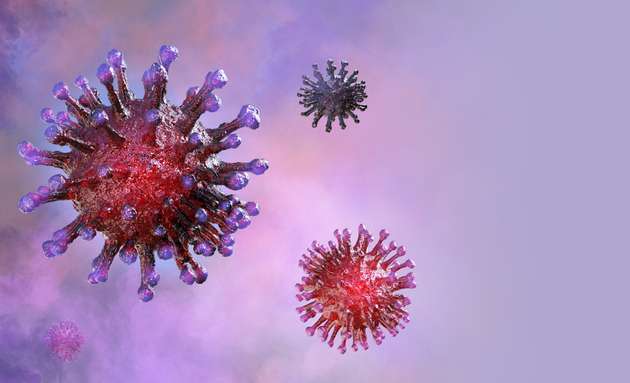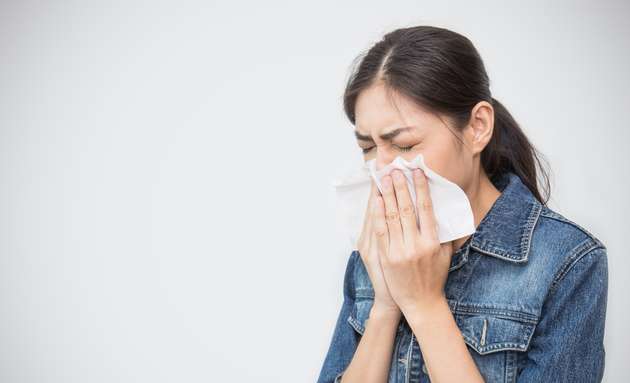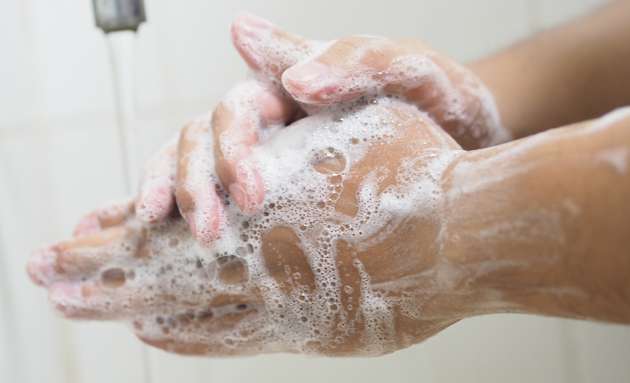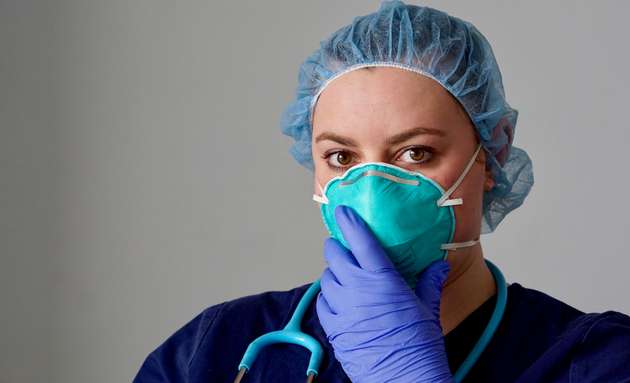COVID-19: Everything You Need to Know About the Novel Coronavirus
Mar 04, 2020
The Centres for Disease Control and Prevention (CDC) and World Health Organisation (WHO) are currently monitoring a viral outbreak caused by a new Coronavirus, now named COVID-19. It was first reported from Wuhan City, China and has gradually spread around the globe.
The rapid spread of this virus has given rise to widespread paranoia, conspiracy theories and wanton chaos all over the world. Here are all the facts about the rise and spread of this virus.
What You Need to Know About COVID-19
What is COVID (CoronaVirus Disease)-19?

-
COVID-19 is an infectious disease caused by the most recently discovered coronavirus (SARS- CoV-2). This new virus and disease were unknown before the outbreak began in Wuhan, China, in December 2019. What are the symptoms of COVID-19?
- The most common symptoms of COVID-19 are fever, tiredness, and dry cough. Some patients may have aches and pains, nasal congestion, runny nose, sore throat or diarrhoea. These symptoms are usually mild and begin gradually. Some people become infected but don’t develop any symptoms and don't feel unwell.
Almost 80% of people who tested positive for Coronavirus have recovered without any special treatment. Only 1 out of 6 people who get COVID-19 may become seriously ill and develop difficulty breathing.
Older people, and those with underlying medical problems like high blood pressure, heart problems or diabetes, are more likely to develop serious illness.
About 2% of people with the disease have died.
People with fever, cough and difficulty breathing should seek medical attention. How does COVID-19 spread?

-
People can catch COVID-19 from others who have the virus. It is spread from person to person through small droplets from the nose or mouth while coughing or exhaling. These droplets can land on the surface of any object around the person. Other people then catch COVID-19 by coming in contact with these contaminated surfaces, then touching their eyes, nose or mouth.
People can also catch COVID-19 if they breathe in droplets from a person who has COVID-19 and is coughing or exhaling. That is why it is important to stay more than 1 meter (3 feet) away from a person who is sick. Can COVID-19 be transferred from a person who has no symptoms of the virus?
- The main way COVID-19 spreads is through respiratory droplets exhaled or coughed out by someone who has the virus. So, the risk of catching COVID-19 from someone who shows no signs or symptoms of COVID-19 is very low. However, many people may experience only mild symptoms, and sometimes not until 1-14 days. For example, someone may have only a mild cough and may not feel that ill.
WHO is assessing the ongoing research on the period of transmission of COVID-19 and will continue to let the public know their updated findings. Can COVID-19 be transferred from the stool/faeces of an infected person?
- The risk of the COVID-19 virus being transferred through faeces appears to be low. While initial investigations suggest in some cases, the virus may be present in the stools, however, spread through this route is not an area of concern in the current outbreak.
Should I worry about COVID-19?

-
If you are not in an area where COVID-19 is spreading, or if you have not travelled from one of those areas or have not been in close contact with someone who has and is feeling unwell, your chances of getting COVID-19 are currently low.
However, it’s understandable that you may feel stressed and anxious about the situation. It’s a good idea to get the facts to help you accurately determine your risks so that you can take reasonable precautions. Your healthcare provider, your national public health authority and your employer are all potential sources of accurate information on COVID-19 and whether it is in your area. It is important to be informed of the situation where you live and take appropriate measures to protect yourself.
If you are in an area where there is an outbreak of COVID-19, you need to take the risk of infection seriously. Follow the advice issued by national and local health authorities. Although, for most people, COVID-19 causes only mild illness, it can make some people very ill. More rarely, the disease can be fatal.
Who is at risk of developing severe illness?
- While we are still learning about how COVID-2019 affects people, older persons and persons with pre-existing medical conditions (such as high blood pressure, heart disease, or diabetes) appear to develop serious illness more often than others.
Are antibiotics effective in preventing or treating COVID-19?
- Antibiotics do not work against viruses; they only work on bacterial infections. COVID-19 is caused by a virus, so antibiotics do not work. Antibiotics should not be used as a means of prevention or treatment of COVID-19. They should only be used as directed by a physician to treat a bacterial infection.
Is there a vaccine, drug or treatment for COVID-19?
- To date, there is no vaccine and no specific antiviral medicine to prevent or treat COVID-2019. However, those affected should receive care to relieve symptoms. People with serious illnesses should be hospitalised. Most patients recover thanks to supportive care.
Possible vaccines and some specific drug treatments are under investigation. They are being tested through clinical trials. Is COVID-19 the same as SARS?
- The virus that causes COVID-19 and the one that causes Severe Acute Respiratory Syndrome (SARS) are related to each other genetically, but they are different. SARS is more deadly but much less infectious than COVID-19. There have been no outbreaks of SARS anywhere in the world since 2003.
Should I wear a mask to protect myself?

-
People with no respiratory symptoms, such as cough, do not need to wear a medical mask.
WHO recommends the use of masks for people who have symptoms of COVID-19 and for those caring for individuals who have symptoms, such as cough and fever.
- The use of masks is crucial for health workers and people who are taking care of someone (at home or in a healthcare facility).
We advise rational use of medical masks to avoid unnecessary wastage of precious resources and misuse of masks. Use a mask only if you have respiratory symptoms (coughing or sneezing), have suspected COVID-19 infection with mild symptoms, or are caring for someone with suspected COVID-19 infection. A suspected COVID-19 infection is linked to travel in areas where cases have been reported, or close contact with someone who has travelled in these areas and has become ill. How long is the incubation period of COVID-19?
- “Incubation period” means the time between catching the virus and beginning to have symptoms of the disease. Most estimates of the incubation period for COVID-19 range from 1-14 days, most commonly around five days. These estimates will be updated as more data becomes available.
Is it safe to receive a package from any area from where COVID-19 has been reported?
- The likelihood of an infected person contaminating commercial goods is low and the risk of catching the virus that causes COVID-19 from a package that has been moved, travelled, and exposed to different conditions and temperature is also low.
Nevertheless, it is important we follow certain precautionary measures to ensure safety from COVID-19. Simple steps like washing your hands thoroughly with soap, following respiratory hygiene, and using masks if you are coughing can go a long way in keeping you safe.






